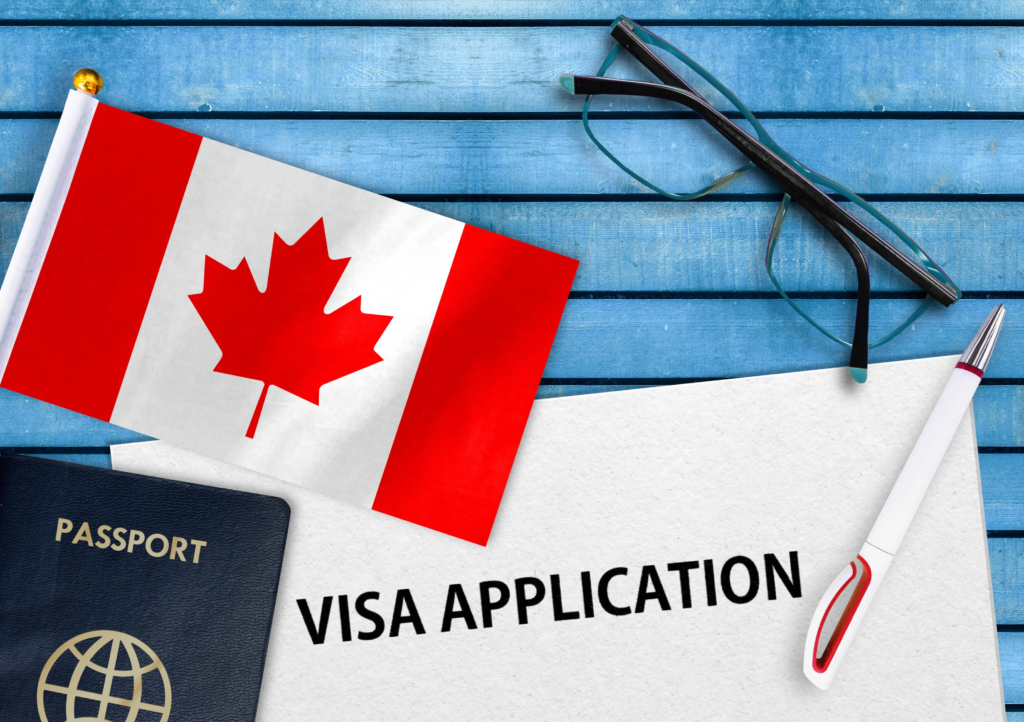Canada’s Minister of Immigration, Refugees, and Citizenship (IRCC), Marc Miller, unveiled new prerequisites for international students pursuing higher education in Canada.
Effective January 1, 2024, the financial requirement for study permit applicants will double, rising from the longstanding $10,000 to $20,635.
This increase aims to ensure students are adequately prepared for the cost of living in Canada, augmenting financial stability and averting vulnerability or exploitation.

Adjustments and Ongoing Policy Changes:
The elevated financial threshold will annually align with Statistics Canada’s updates on the low-income cut-off (LICO), representing the minimum income essential to preventing excessive expenditure on necessities.
While promoting financial preparedness, these changes pose challenges for prospective students, particularly affecting their plans and financial feasibility.
Impact on UAE Students and Families:
From 2019 to 2021, a notable surge in students migrating to Canada from the UAE was observed. Rashmi Menon, Director of Admissions at UniHawk, highlighted the potential disruption caused by the policy shift, especially for parents considering Canada for future immigration opportunities.
However, families prioritizing education quality might view this development differently.
Varied Perspectives from Parents and Residents:
Parents like Saurav Banerjee emphasize overall education expenses rather than fixating solely on proof of funds.
However, concerns persist among those anticipating higher living costs impacting tuition fees. Meanwhile, long-time Dubai residents such as Jogiraj Sikidar advocate keeping multiple backup plans when scouting for universities abroad.
Mixed Views on Policy Changes:
Resident experiences differ; Subhashish Gupta perceives the policy positively, considering it a safety net for students encountering financial constraints during their studies.
He believes the stipulated funds are manageable, especially compared to students’ expenses.
Impact on Student Work and Policy Extensions:
Rashmi from UniHawk foresees challenges for students managing tight budgets, especially those reliant on work to cover living expenses.
Updates to work-hour limitations and policy extensions provide temporary relief and pose future challenges for graduate students.
Minister Miller outlined temporary policies affecting international students, extending waivers on work-hour limits, counting online study time towards post-graduation work permits, and offering extended work permits due to pandemic-related labor market disruptions.













